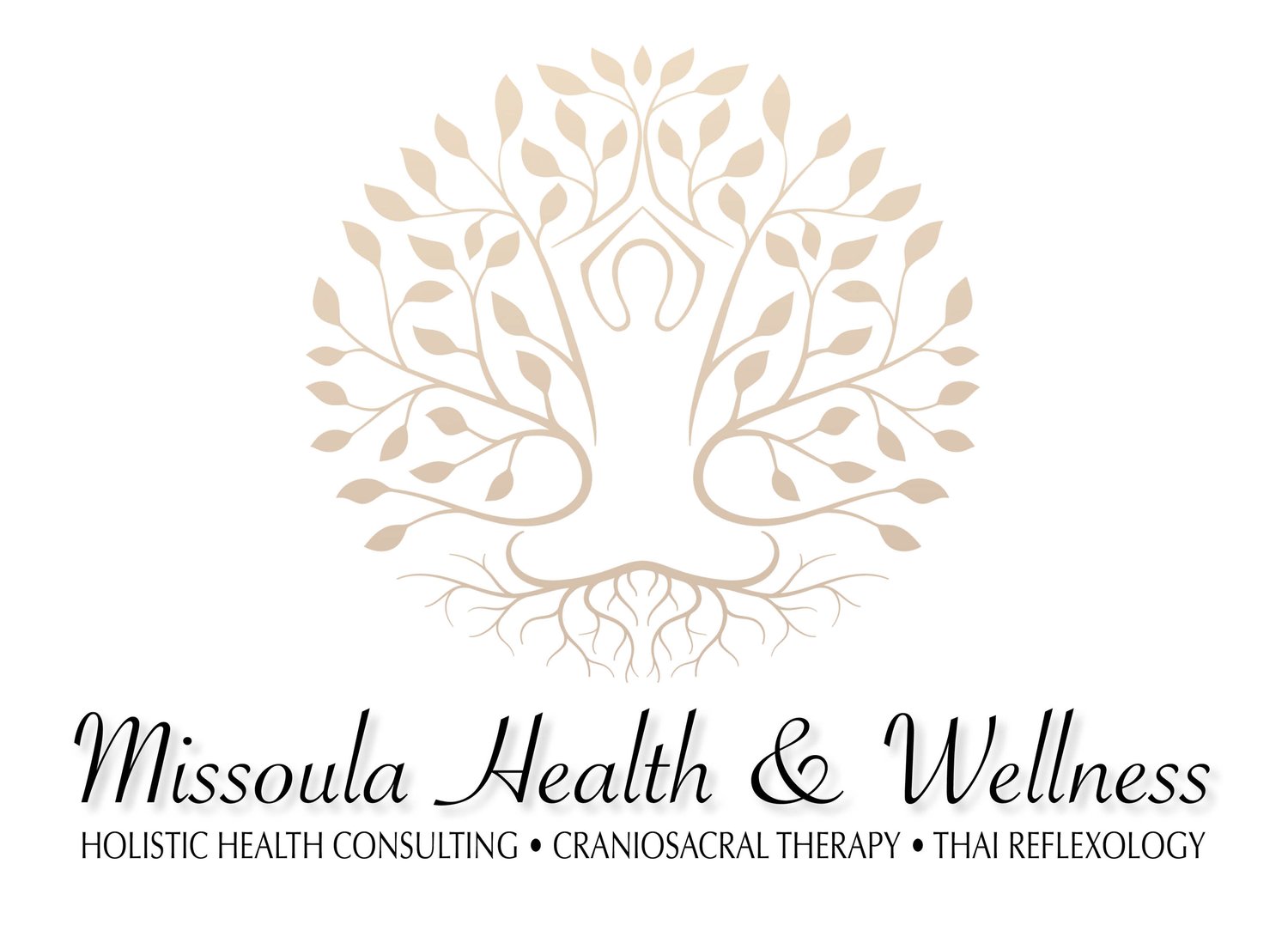
Treatment to Support
AUTISM & SENSORY PROCESSING DISORDERS
In Missoula, Montana
CranioSacral Therapy (CST) can help individuals with autism and sensory processing disorders by calming the nervous system, reducing overstimulation, and improving sensory regulation. CST also promotes better motor skills and coordination, can address feeding issues, and supports healthier emotional regulation.
Ways That CranioSacral Therapy Can Help Support Symptoms of Autism and Sensory Processing Disorder:
Cranial Sacral Rhythm:
CST focuses on the subtle rhythmic movement of the cerebrospinal fluid and surrounding membranes. The Cerebrospinal Spinal fluid can be affected by restrictions or imbalances in the body of people with autism and sensory processing disorders.Emotional Regulation:
By gently releasing restrictions in the CranioSacral Rhythm, CST improves the function of the nervous system, leading to a calmer and more regulated state. By calming the nervous system, CST helps reduce anxiety, improves sleep, and promotes emotional balance.Reduce Sensory Overload:
A calmer nervous system can help a person's ability to process and respond to sensory information, reducing sensory overloads and improving sensory regulation. CST can help individuals with autism and sensory processing disorders feel more comfortable and regulated in response to sensory input.Improve Sleep:
A calmer nervous system can lead to better sleep patterns.Reduce Anxiety and Hyperactivity:
CST's calming effects reduce anxiety, hyperactivity, and emotional dysregulation.Motor Skill Development:
Improved nervous system function can also support motor skill development by enhancing coordination and balance.
Address Feeding Issues:
CST helps release tension in the jaw, mouth, and neck, which can be beneficial for feeding difficulties.Complementary Therapy:
CST can be used in conjunction with other therapies, such as applied behavior analysis (ABA) and sensory integration therapy, to address the specific needs of individuals with autism or sensory processing disorder.

FAQs
-
Yes. CranioSacral Therapy can support kids and adults with sensory processing challenges by helping the nervous system find more balance.
-
Absolutely. Sessions are gentle and can be adapted to meet your child’s needs. Many parents notice improvements in sleep, transitions, and overall calm.
-
It depends on the child; some lie down, some sit and play. We meet them where they are at and make it feel safe and comfortable.

